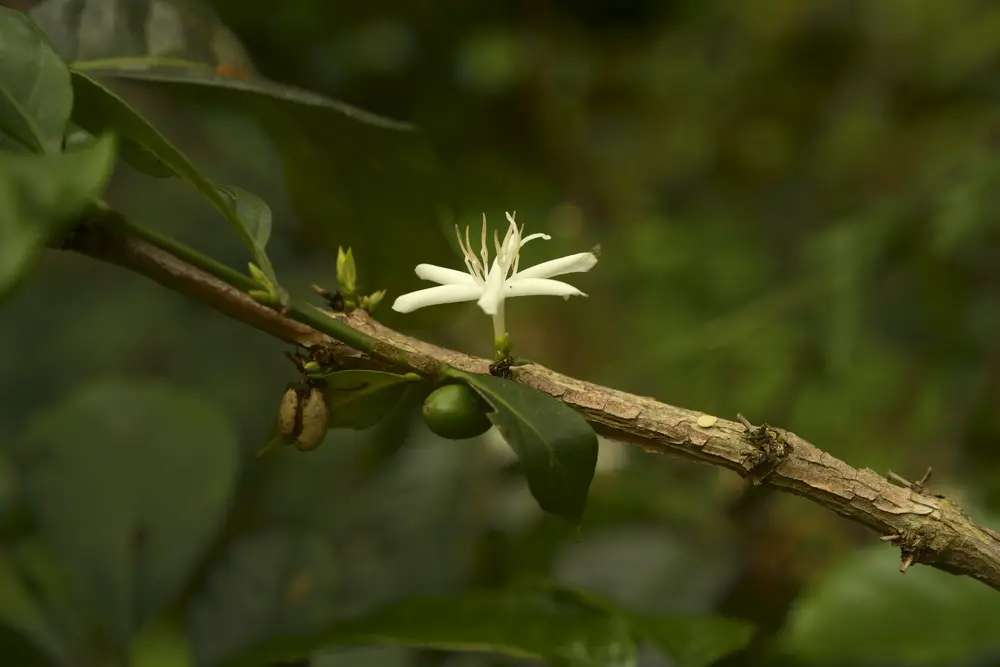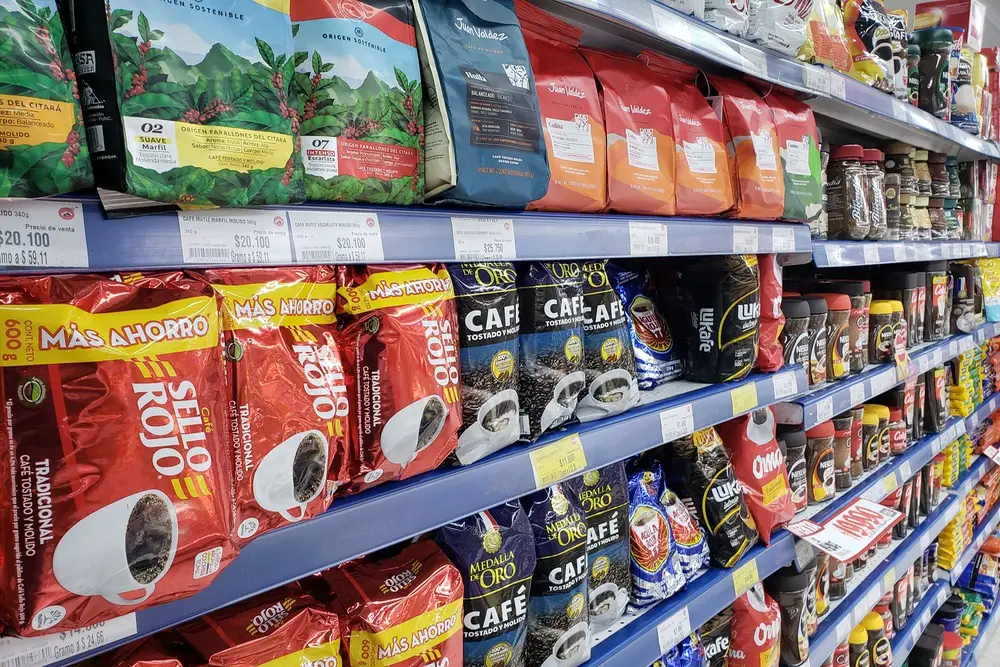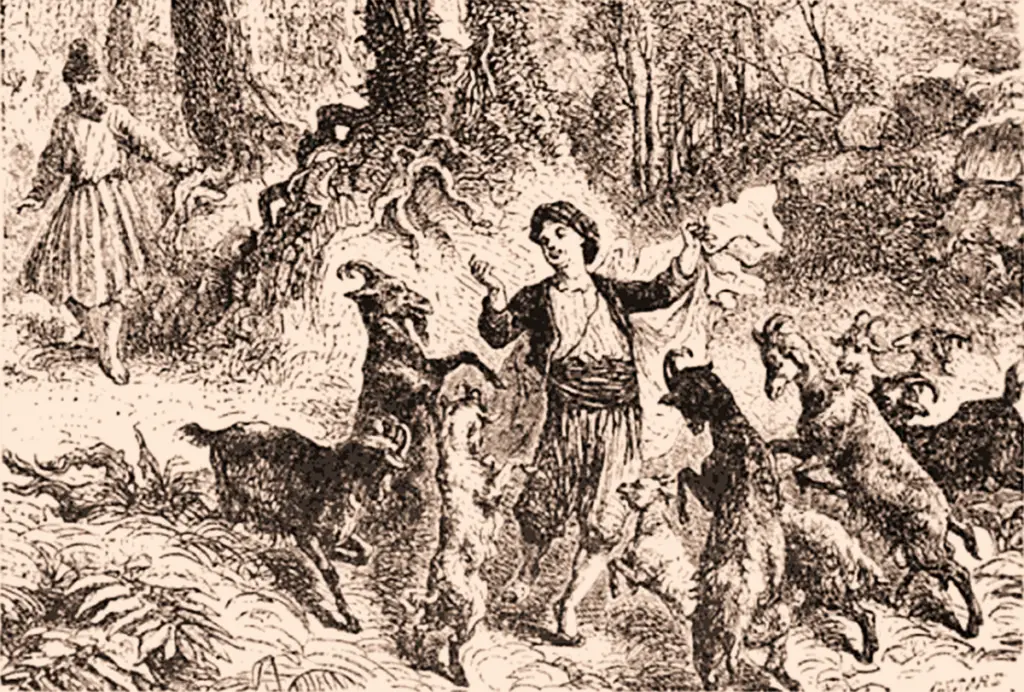Bees are essential to coffee production. Although there are other pollinators, these insects are irreplaceable.
Table of Contents
Bees as a supplement to coffee
A study published in the Proceedings of the National Academy of Sciences found that coffee beans are larger and more bountiful when bees and some birds work together to protect and pollinate the plants.
It is reported that without the indispensable help of these animals, which travel miles, coffee farmers would face a 25% drop in crop yields. This would be a loss of around 1,000 euros per hectare of coffee.
Studies in coffee plantations in Colombia and Indonesia show that pollination and abundance of bees help flowers develop better and bear more and better fruit. All of this is quantified by experts from the Tropical Agricultural Research and Higher Education Center (CATIE), who predict a 20-25% increase in coffee production. This by improving quality and taste through aspects such as
- Larger coffee bean size
- Dry weight of fruit
- Higher Brix concentration of sugar.
More than 100 species of insects have been identified that live in synergy with coffee, including, of course, the most important pollinators, the bees.
In regions like Guatemala, Costa Rica and Colombia, the relationship between coffee growing and bees is complex:
- In some areas, agronomic conditions improved as well as pollination.
- Agronomic conditions have improved in some areas, but bee numbers are declining.
- In some areas the number of bees is increasing, but agronomic conditions are deteriorating.
- Small areas where bee numbers are expected to increase (about 20 species), indicating a positive scenario.
The work of the bees
According to the UN, pollination is considered an ecosystem service characterized by the production of fruits and seeds thanks to the transfer of pollen from the stamens to the stigma.
Pollination is a transport service performed by pollinators such as rain, wind, birds and insects,
e.g. As bees, is provided.
A study conducted by the National University of Colombia shows that the impact of wild bees on coffee cultivation, e.g. B. in terms of number of beans per plant, weight and seeds are significant. These traits are found to be enhanced by cross- pollination, for example when pollen is carried to other plants of the same species by wind, insects or birds.
The productive relationship
One study found that removing the stamens (the flower’s male organs that produce pollen) resulted in a lower proportion of grains. This means more fruit will reach maturity.
This suggests that the plant responds better to pollination when bees are involved. The seeds and their fruits also have a higher average weight. For example, the diameter of the berry is larger than in open pollination, more precisely: 1.6044 centimeters. In contrast, when self-pollinated (a common form of fertilization in coffee plantations), they reach an average height of 1.344 cm.
Bees like coffee
When bees forage for nectar between the flower’s reproductive organs, their bodies become covered in pollen, which they then unintentionally transfer to other flowers, thereby performing pollination.
According to a study published in the journal Current Biology, bees show an induced preference for flowers when “primed” with caffeinated nectar.
The bees are then:
- Fed on caffeine, honey bees (which carry and bring honey) form longer-lasting olfactory memory associations, so it might give plants with these compounds an adaptive advantage by encouraging bees to visit more flowers.
- Bees that have consumed caffeine show better learning performance and are more likely to revisit caffeinated targets.
- Certain bees can be trained to find a food source with a learned or memorized odor, and do so more or less efficiently when exposed to caffeine during the learning phase.
alkaloids such as B. caffeine, have far-reaching effects on the behavior and decision-making of organisms with relatively small brains, such. B. Bees.
Coffee cultivation as protection for bees
This data demonstrates the fundamental role of wild bees in the quality of coffee and provides a scientific basis for coffee farmers who have decided to place artificial hives near their plantations.
In a traditional coffee-growing country like Colombia – one of the world’s largest exporters of the bean – such insights will enable the development of new methods to optimize production.
Coffee currently contributes 4 percent to the country’s gross domestic product. The National Association of Coffee Producers estimated a production of 9 million bags at the end of 2012 (slightly above the average of previous years, which was 8 million) due to the impact of the climate and health problems in the coffee plantations. In order to increase these numbers, new knowledge and strategies are required.
Open pollination could be one of them. Recent studies in countries such as Panama, Costa Rica, Ecuador and Indonesia report a significant increase in the quantity and quality of fruit produced thanks to this wonderful natural relationship between bees and plants.
The other side of bees and coffee growing
However, the reality today is that bees are being wiped out due to the lack of forests and the use of pesticides. So, these actions have consequences:
- Hence the importance of this new study, which uses mathematical models to predict the impact of climate change on coffee (Coffea arabica) cultivation and bee life.
- Specifically, for Latin America, solutions are presented that can be transferred to other areas and that could help to minimize the devastating effects. A study reflects that by 2050, Latin American soils will lose around 88% of their suitability for growing coffee and around 65% of coffee will disappear. This scenario does not imply countermeasures.
According to the study, there will be locations where coffee crops will be lost as both climatic suitability for coffee and bee abundance will decrease. These locations will have to be abandoned in favor of other economic alternatives.
The research also predicts a slight increase in the suitability of coffee in areas of Mexico, Guatemala, Colombia and Costa Rica.
To encourage these changes, the Tropical Agricultural Research and Higher Education Center (CATIE) and the International Center for Tropical Agriculture (CIAT) recommend adaptation strategies that growers can put into practice to improve their coffee production and bee pollination.
They suggest e.g.:
- Favoring farm habitats suitable for these insects, with a wide variety of native plants and the necessary resources for shelter, food, and nesting for the insects.
- In addition, they point out that coffee trees should be near forest strips that serve as a food source for native bees. The search for pollen and nectar decreases after a few hundred meters from the forests where the native bees have their nests.
- The research work clarifies the connection between coffee and bees. According to CATIE, it is possible to increase the productivity of coffee and compensate for part of the harvest losses in traditional growing areas. That is, in areas with few mountain ranges, such as Nicaragua, Honduras and Venezuela, where climatic phenomena and the loss of soil suitability limit or nullify coffee production.
Coffee with honey
While we’re on the subject of bees and coffee, let’s talk a little bit about honey combined with coffee infusion.
If you haven’t tried honey with your coffee, that’s because you don’t yet know the benefits of this golden liquid. We are talking about natural bee honey.
Sugar regulation by honey
regulate sugar. Since honey is a natural product, it hardly increases the blood sugar level and thus reduces excess glucose. This avoids the risk of high blood sugar and damage to blood vessels, and prevents strokes and kidney disease. This is very important!
Cure constipation with honey
It is a very effective treatment for constipation. Honey causes mild gas and uses the body’s water and food to increase stool volume, promoting intestinal motility. The laxative effect is very mild and will help you with constipation.
Better immune system through honey
Honey acts as a stimulant for the immune system. Since this ingredient has antibacterial and antifungal properties, its frequent consumption will boost the immune system to fight and prevent colds and flu.
Better digestion with honey
Very good for digestion. So, if you suffer from slow digestion, heartburn or heavy stomach after meals, combining coffee with honey can be a very beneficial cocktail for you. Honey helps metabolize food, and after a big meal, your body will thank you for it.



